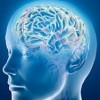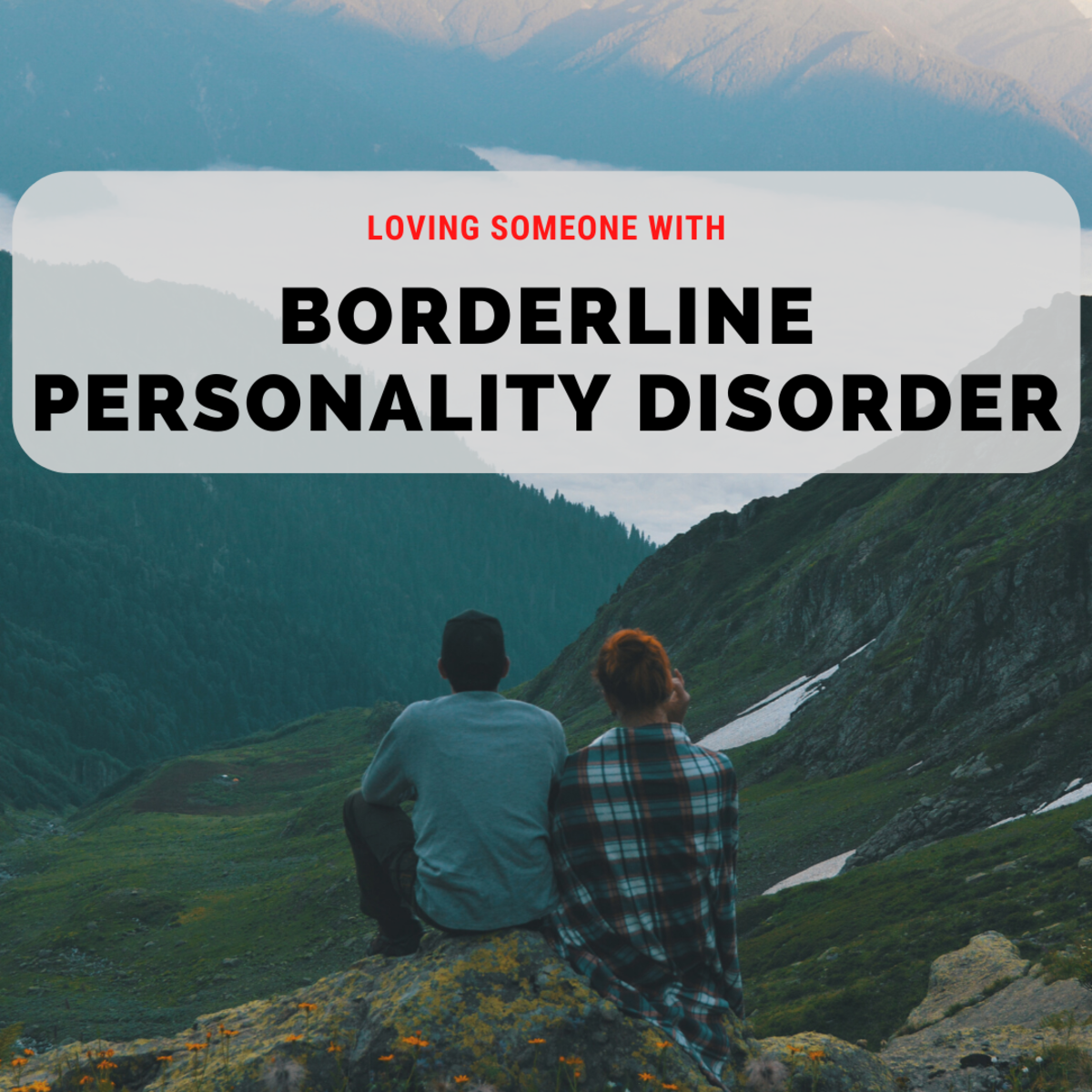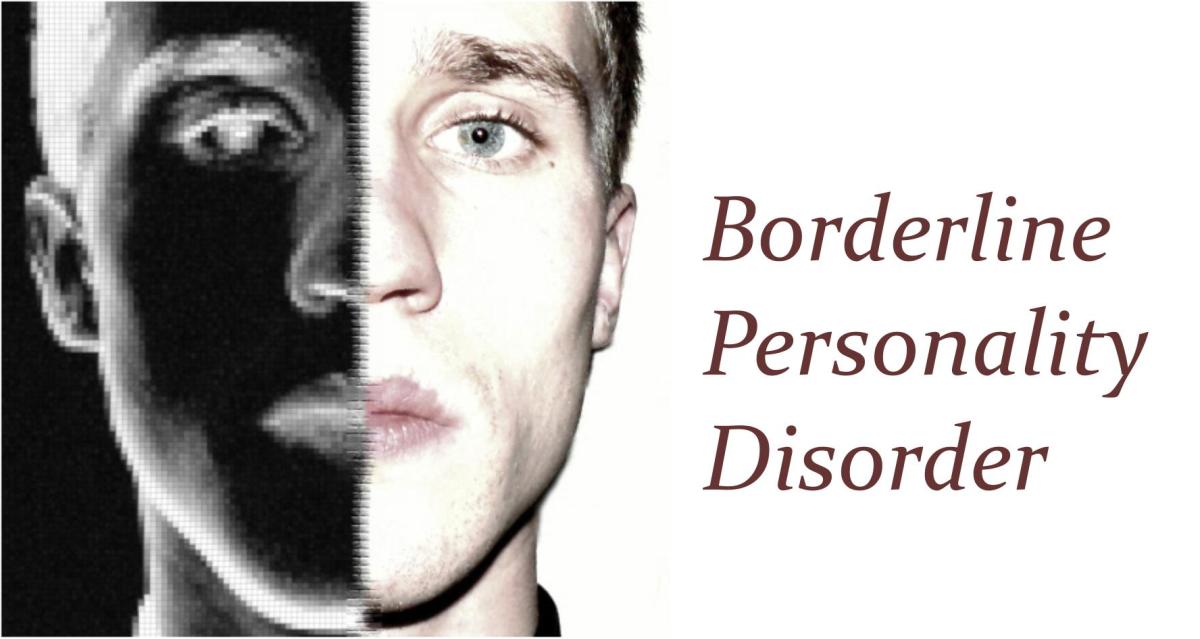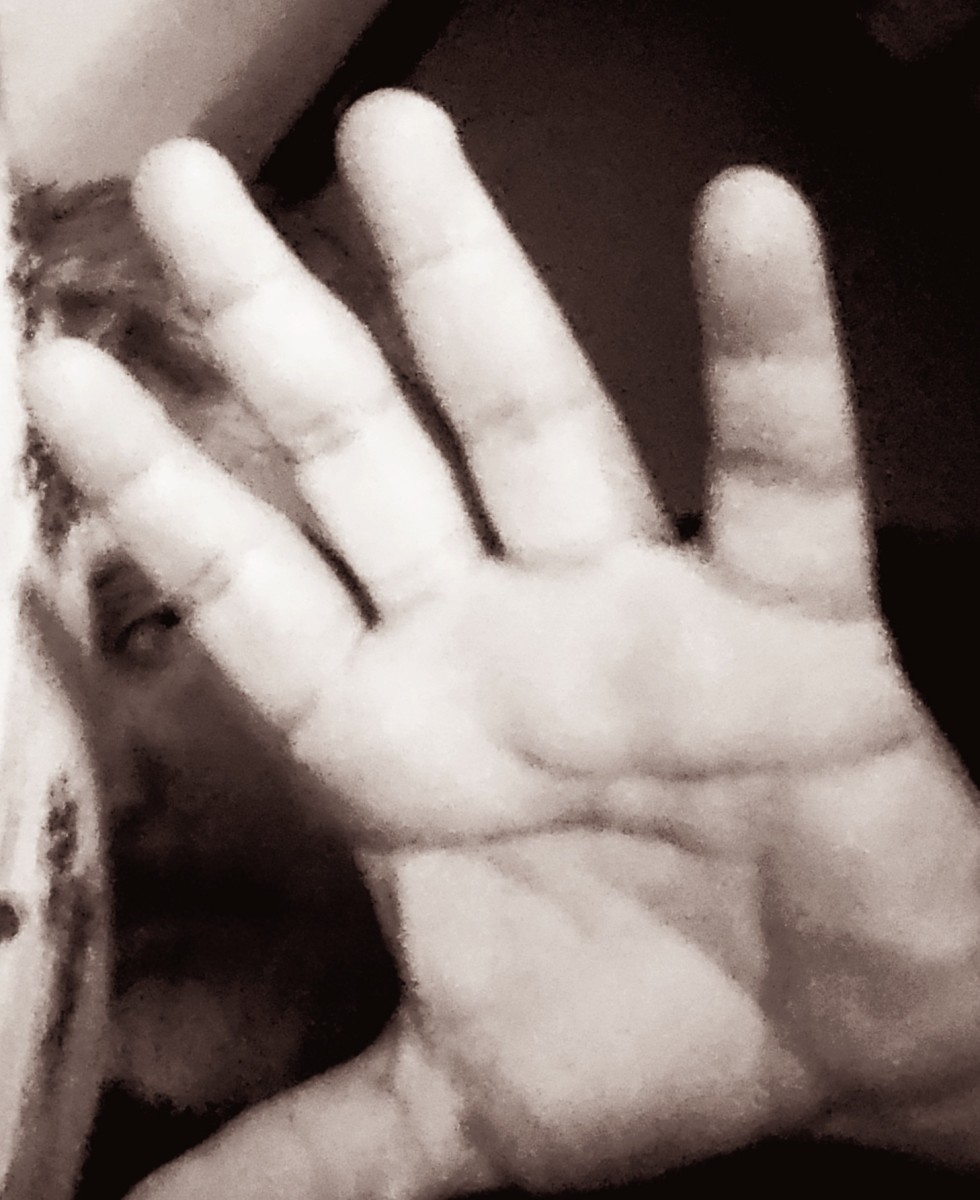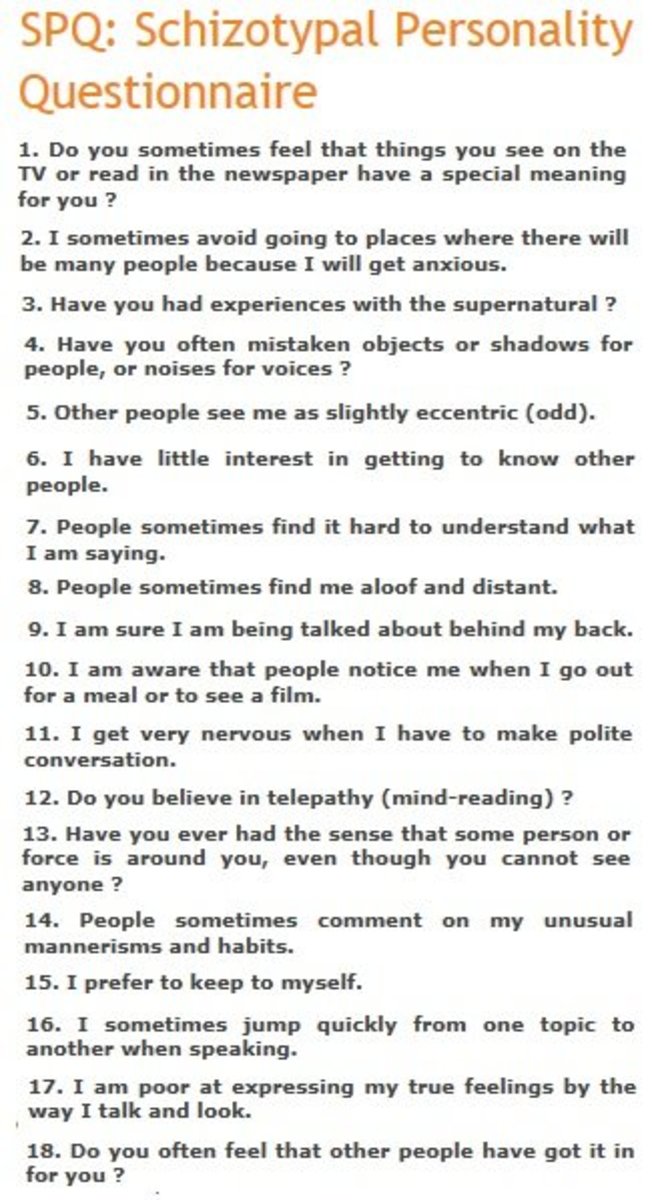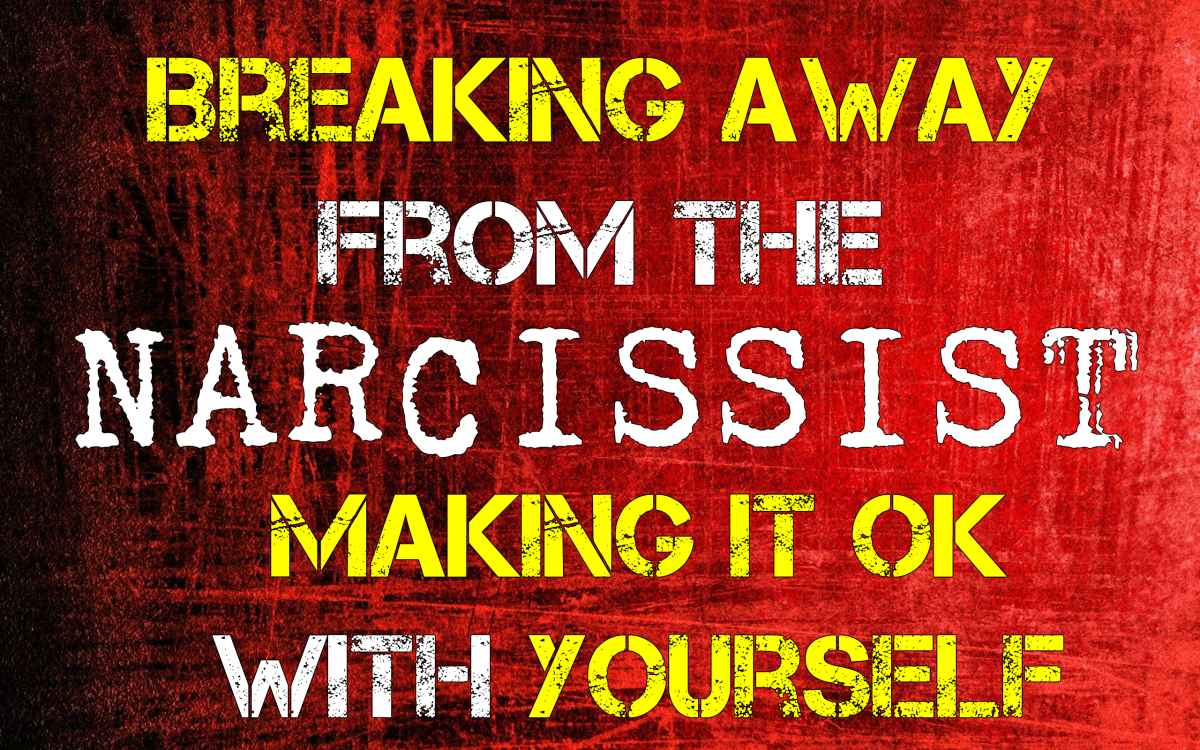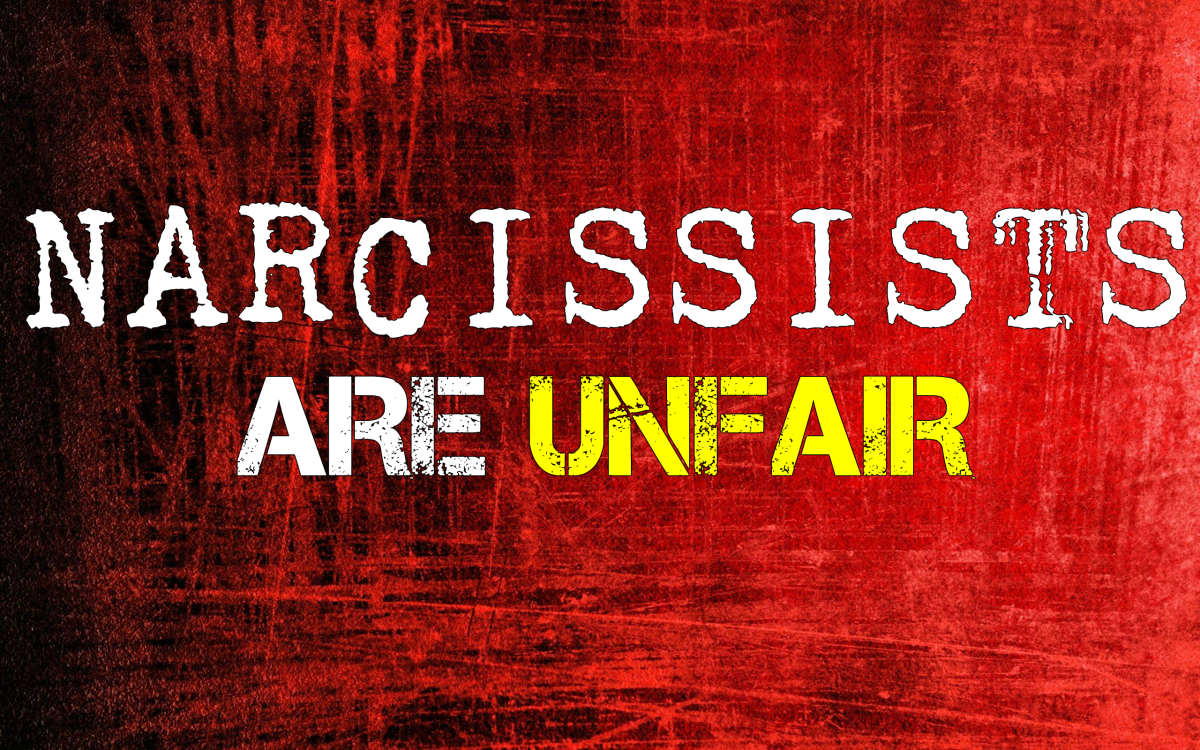- HubPages»
- Health»
- Mental Health»
- Personality Disorders
Dependent Personality Disorder

I am Alone
We all go through this phase, at some part of our life. But for most of us,being alone, is just a matter of time before everything is sorted out.
However, consider a scenario where the affected person remains in this specific traumatic state, for a lifetime. Completely secluded from others, over dependency on relationships and highly prone to anxiety, stress, even depression.
This is Dependent Personality Disorder in a nutshell. And what makes it more prone to general population is that the symptoms rarely manifest itself. Moving from childhood to teenage and finally adult life, the disorder slowly but surely widens itself in negative behavioral patterns and self harming actions.

Manifested Self
As stated earlier what makes this disorder very silent, is its symptoms that lay dormant for many years. Most of the time, the affected person rarely feels any issues and decline from seeking medical help. But the secretive nature of the illness can soon overpower the individuals thought pattern and can result in constant anxiety, stress which may even lead to clinical depression.
- Over Dependency - Strong inclination towards others, constant attention seeking and a fear of being left alone. The affected individual requires a constant flow of praise and support to maintain thought stability.
- Sensitive to Criticism - Constant praise alleviates their depressed moods but the other side of the coin, Criticism even the most minor can cause a spiral down of positive thoughts. Self confidence and self esteem as a result, is more of a spur of the moment, which can change depending on the feedback of others
- Relationship - The above two points can make stability in relationships very hard. Too much care can be misinterpreted by others, as neediness and being prone to criticism can result in insecurity feelings. Also hasting to a new relationship without prior judgement is another symptom of this illness.
- Poor decision making - A feeling of underestimating ones assets and skills can result in poor decision making. Independent thoughts are registered but a feeling of insecurity can make others, to have a say in everything. This always may not be in ones self interest but due to dependent mindset a submissive behavior is formed.
Cause of Origin
Researchers are still trying to understand the specific cause for the illness. Mostly genetics can be a contributing factor.
However a persons social situation and upbringing ( relationship with parents, relatives, friends ) can also play a major role. Traumatic experiences in child hood or during teenage years can strengthen the onset of the same.

Treatment Mode
Treatment methods vary depending on the symptoms of the illness. The most common techniques involve.
- Cognitive Behavioral Therapy (CBT) - is an effective way to treat depression and anxiety. The method involves a treatment routine specially modulated for each individual, in conjunction with an health specialist, The negative thoughts troubling the mind are brought into picture in a controlled environment, where an individual is made aware of them and also taught how to respond rather than react to a situation.
- Mindful Awareness - Ancient techniques practiced by Sages of India as well as Monks of Tibet, this technique is used to bring oneself to the present moment through breathing, which in turn can reduce the feeling of helplessness and insecurity. This also provides a boost of self confidence and self esteem.
- Anti depressant medicines and anti anxiety drugs can help reduce and subside the symptoms associated with DPD.
